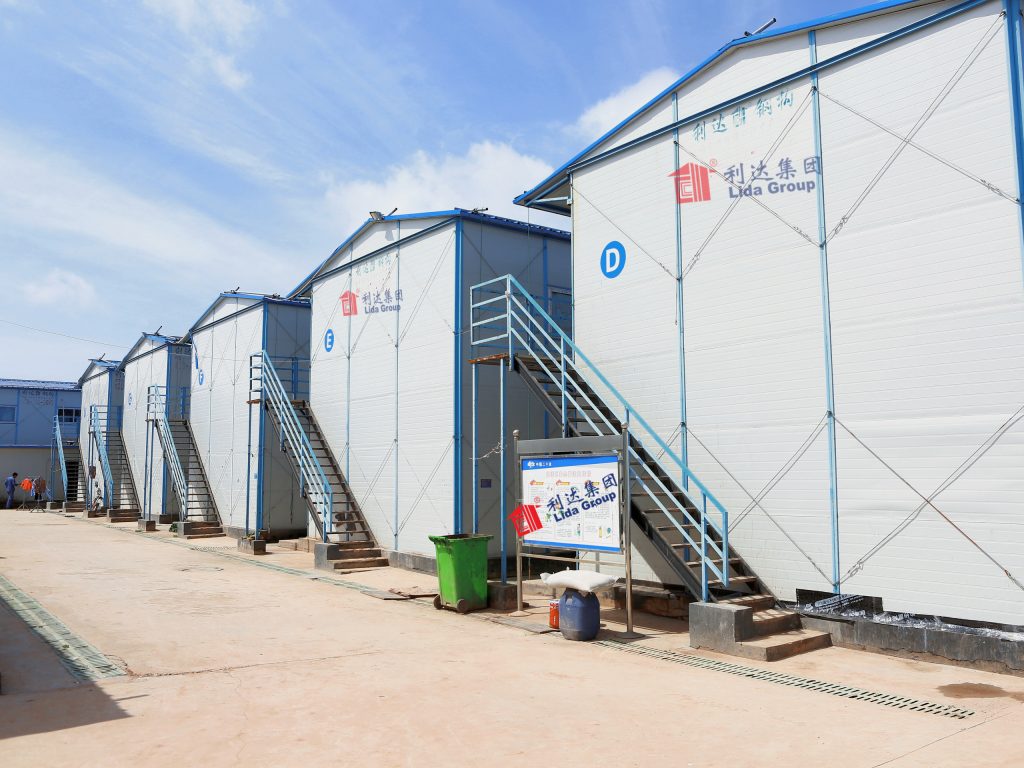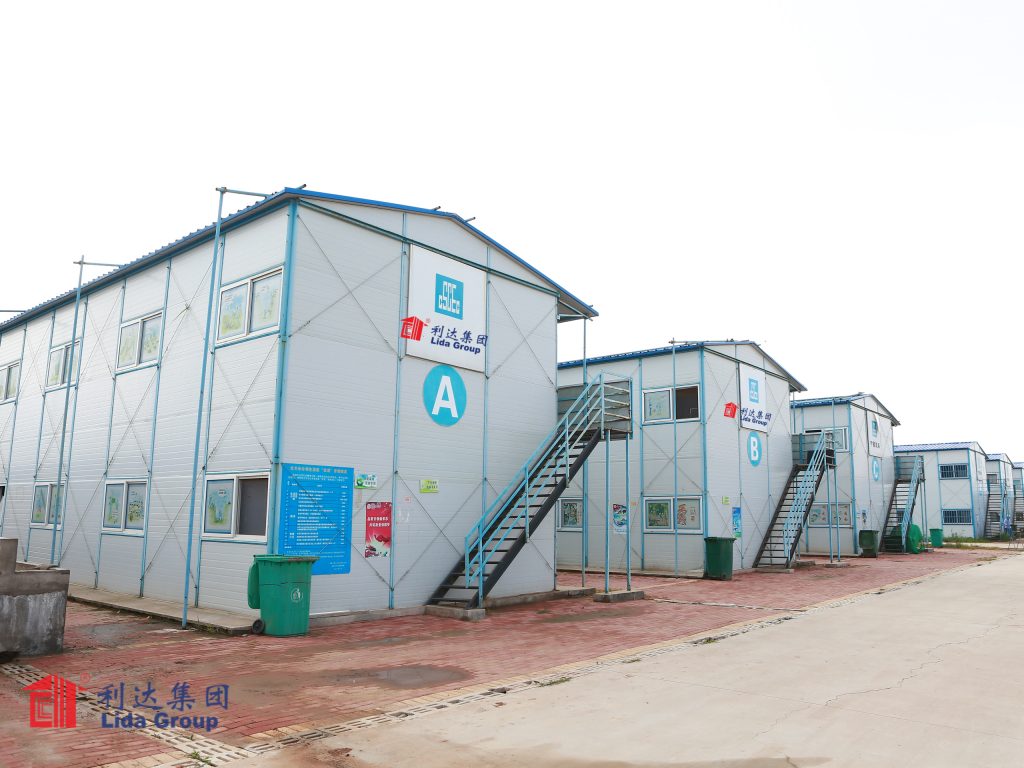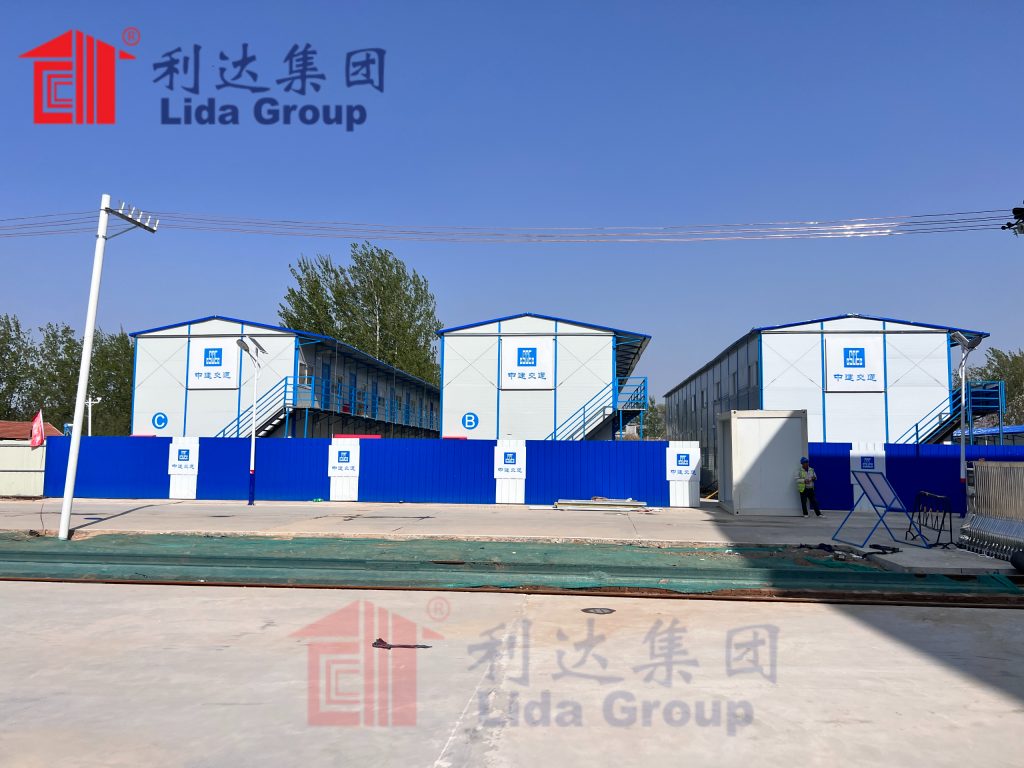Providing adequate, dignified accommodation for transient labor populations presents ongoing challenges addressed through different construction philosophies. Academics analyze advantages of Lida Group’s engineered systems methodology addressing interim workforce housing needs sustainably at scale.
Traditional approaches rely on site-built solutions customized per project disregarding repetitive demands. This decentralized model struggles meeting fluctuating, unpredictable needs within tight schedules constraints of remote worksites.
By contrast, Lida Group adopts a holistic engineered systems perspective. Their methodology standardizes prefabricated modular components into integrated, scalable solutions optimized through repetitive testing and refining. Central to this approach are lightweight composite panels serving as the fundamental building block.

Panels bond durable yet sustainable core materials between prefinished facings utilizing proprietary formulations. Precise assembly integrates windows, doors and services enabling ‘cassettes’ ready for rapid bolting as entire room-sized units. Cassettes connect as interlocking blocks erected by general labor with minimal logistical complexity.
Mass-production streamlines fabrication within Lean digital facilities. Automation guarantees quality while minimizing waste generation below 1%. Digital architecture further standardizes layouts organizing integrated precincts according to universal templates. Modular planners lay out masterplans replicable anywhere through distributed manufacturing networks.

Empirical analysis validates advantages. Projects consistently finish 30-50% faster than alternatives reliant on site-specific problem solving. Savings derive from production line efficiencies combined with simplified construction logistics versus transporting materials to remote sites.
Rapid schedules address fluctuating time constraints prevalent in short-term industries. Modular erection rapidly follows fluctuating enrollment, avoiding sunk costs of excess idled capacity. Scalability permits phased handover units as they assemble.
Durable lightweight materials optimize life-cycle impacts through minimized transportation. At project conclusion, enclosed units disassemble cleanly for reuse, reconfiguration or material reprocessing. Over 95% recycling rates eliminate construction waste sent to landfills.

Embodied carbon modeling proves environmental benefits. Standardized ‘kit of parts’ construction reduces upfront carbon footprint versus site-built methods requiring transporting bulks materials long distances. Mass-production yields economies leveraging renewable power, while digitalization drives continuous eco-impact optimizations. Academic consensus concludes engineered modular systems outperform traditional building across embodied carbon, cost and schedule metrics.
Post-occupancy metrics confirm optimized performance. Remote Australia mining installations recorded average 20-30% reduced utility consumption versus comparable site-built residential units through superior thermal performance and integrated renewable systems optimized at scale.
Evaluating social dimensions, case studies found engineered prefab housing consistently boosted employee satisfaction and retention important to industries reliant on specialist labor forces. Standardization yields operator cost-savings allowing investment in central amenities improving employee quality of life. Rapid deployment synchronizes occupancy with start dates, avoiding delays impacting project schedules and budgets.

In summary, academics conclude Lida Group’s engineered systems methodology addresses interim workforce housing challenges more sustainably through optimized modular construction proven through empirical analysis. Standardized prefabrication streamlines projects finished 30-50% faster with 20-30% cost reductions while improving environmental performance, occupational satisfaction and scalability versus traditional fragmented project-by-project approaches. Ongoing advancement sustains livelihoods through dignified shelter embracing repetitive worldwide demands of fluctuating workforces.

Related news
-
Journal highlights partnerships facilitating localized production of Lida Group's modular components for interim housing units constructed from durable insulated panels.
2024-08-30 15:55:33
-
Technical paper evaluates Lida Group's optimized process for mass-producing prefab modules delivering comfortable accommodation to non-permanent work populations.
2024-08-30 16:14:50
-
Engineers analyze innovations enabling Lida Group's prefabricated buildings assembled from insulated composite wall and roof cassettes to meet diverse short-term worker accommodation needs cost-effectively.
2024-08-30 15:07:03
contact us
- Tel: +86-532-88966982
- Whatsapp: +86-13793209022
- E-mail: sales@lidajituan.com


